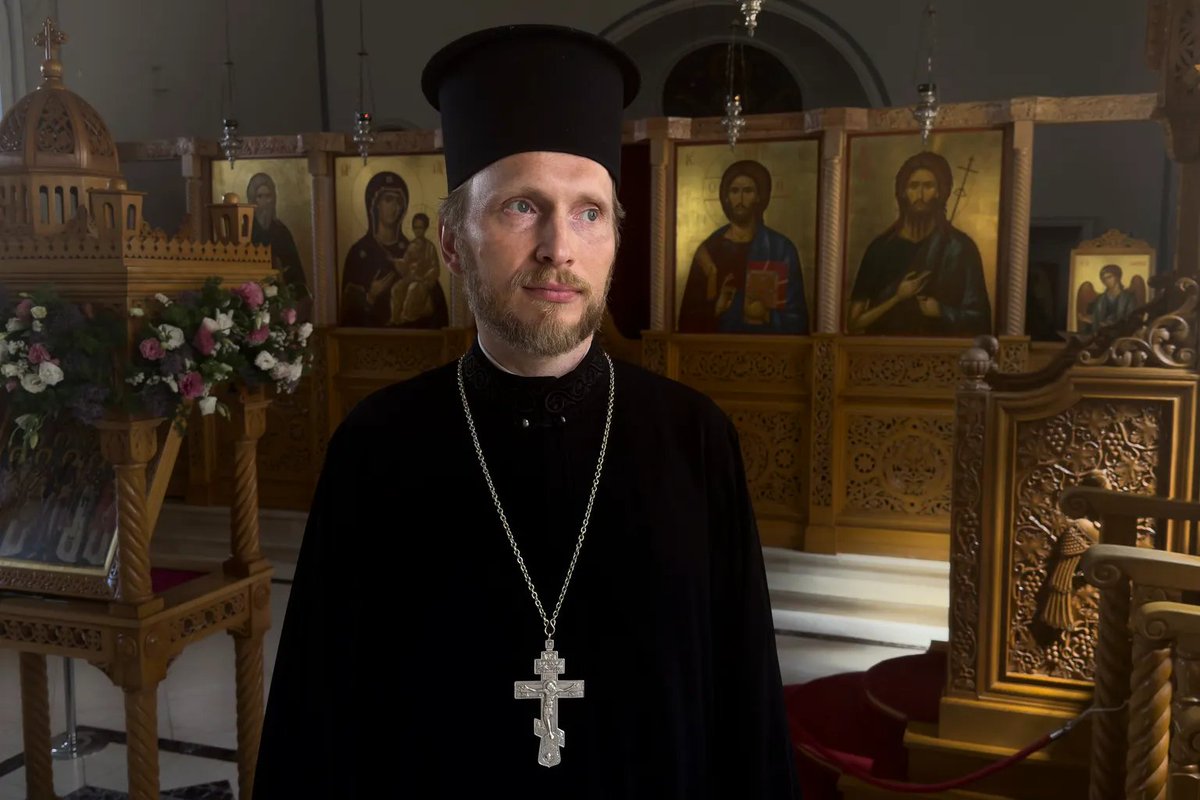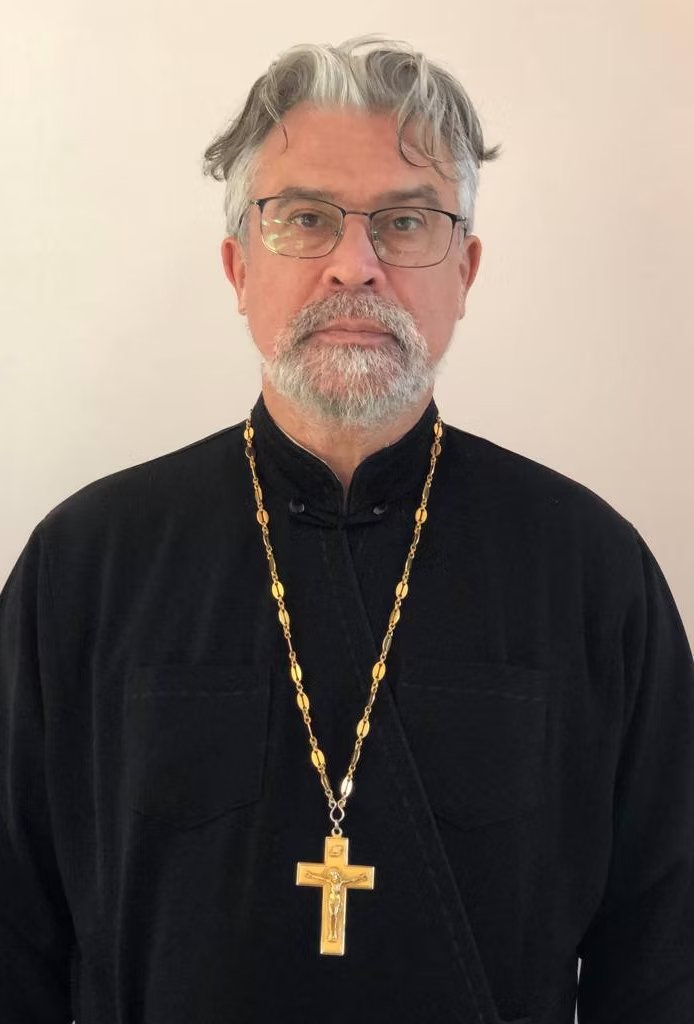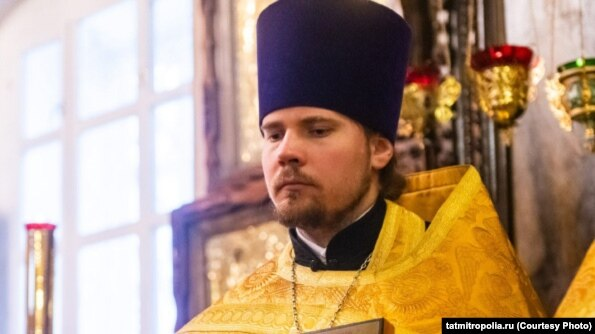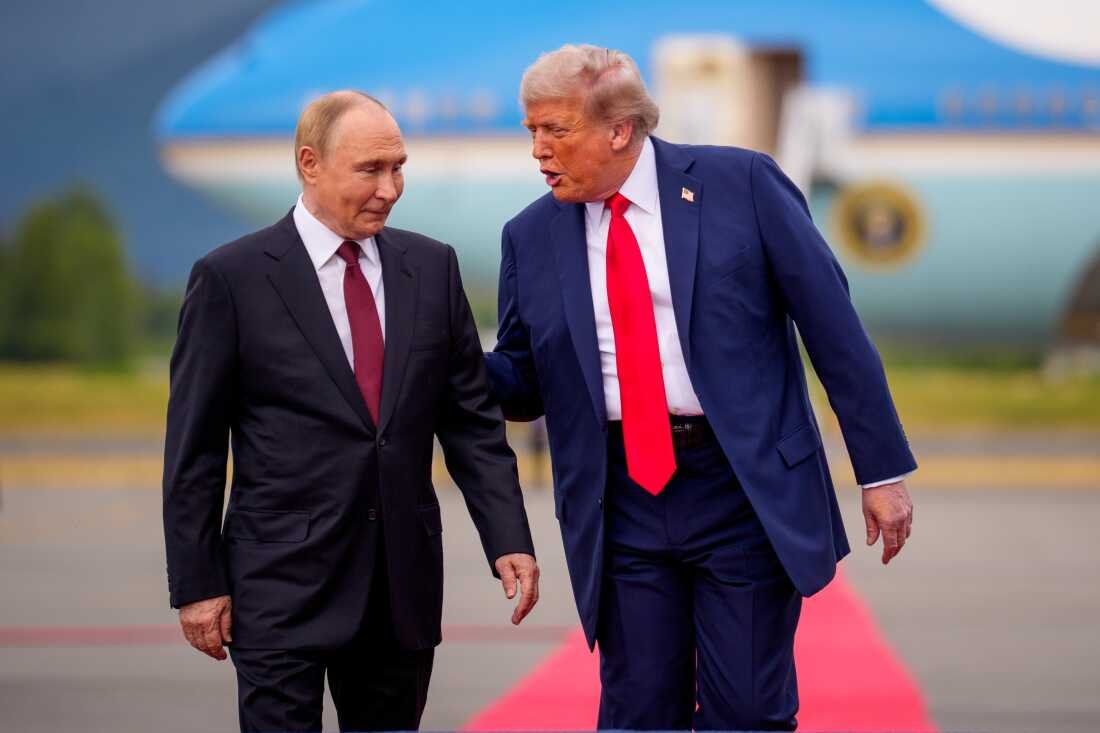Putin's "Christianity" at full display: a 63-year-old pastor sentenced for preaching peace.
Nikolai Romanyuk called war a sin and urged believers to refuse the draft.
🧵For this, a Russian court sentenced him to 4 years under laws against "threats to state security."
Nikolai Romanyuk called war a sin and urged believers to refuse the draft.
🧵For this, a Russian court sentenced him to 4 years under laws against "threats to state security."

The court convicted Romanyuk under Article 280.4 of Russia’s Criminal Code for public calls against state security. The conviction rested on a sermon he delivered in September 2022 and was published on the church's YouTube channel.
Romanyuk is a senior pastor of the Evangelical Church of the Holy Trinity.
Officers, carrying automatic rifles, detained him during a raid on October 18, 2024, at his home.
Officers, carrying automatic rifles, detained him during a raid on October 18, 2024, at his home.
During the raid, they ordered Romanyuk’s children to lie face-down on the ground outside their home.
They remained in that position for 12 hours as the search went on.
They remained in that position for 12 hours as the search went on.
In the sermon, Romanyuk stated that accepting a military summons was comparable to sins like drug or alcohol use.
He urged his congregation to refuse participation in war and referenced biblical teachings.
He urged his congregation to refuse participation in war and referenced biblical teachings.
Here's a quote from the service that shows persecution was expected and the priest censored himself as much as he could:
“When they give you a summons to fight, it’s the same sin as drugs or alcohol.”
He made no mention of Russia, Ukraine, or any specific leader and focused solely on his faith and its principles.
“When they give you a summons to fight, it’s the same sin as drugs or alcohol.”
He made no mention of Russia, Ukraine, or any specific leader and focused solely on his faith and its principles.
The Evangelical Church of the Holy Trinity follows a pacifist doctrine, which emphasizes non-violence as a core belief and is in line with the practices of many Christian denominations.
Putin loves his public display of religiosity, and it seems people in the West sometimes fall for it and think of him as a real "Christian leader." This couldn't be further from the truth.
Since February 2024, at least 59 priests have faced persecution from the Russian Orthodox Church and security apparatus for being anti-war.
shaltnotkill.info/persecution-of…
shaltnotkill.info/persecution-of…
For example, the replacement of the word “victory” with “peace” in the prayer “For Holy Rus” was the reason for the defrocking of Moscow priest Ioann Koval.
Instead of
“Arise, O God, to help Thy people, and give us victory by Thy power”
he said:
“Arise, O God, to help Thy people, and give us peace by Thy power.”
seattletimes.com/nation-world/r…
Instead of
“Arise, O God, to help Thy people, and give us victory by Thy power”
he said:
“Arise, O God, to help Thy people, and give us peace by Thy power.”
seattletimes.com/nation-world/r…

Priest Vladimir Korolev was removed from his position as rector of the Kazan Church in Tula and placed on leave after refusing to collect funds for the “special military operation.” 

Priest Gleb Krivoshein from Tatarstan was found guilty and fined for “discrediting” the army—the basis for this decision was his signing of an appeal by Russian Orthodox clergy calling for reconciliation in the early days of the war. 

Make no mistake: Putin’s regime does not tolerate independent institutions — not political parties, not the media, and not even churches.
Any space that might allow for independent thought is systematically dismantled. Pastor Romanyuk is just one example among many.
Any space that might allow for independent thought is systematically dismantled. Pastor Romanyuk is just one example among many.
As peaceful people are sentenced as threats to the state, I try to keep these stories visible — follow for more.
You can support Nikolai Romanyuk and other political prisoners in Russia by writing a letter here: lettersnow.org/en/p/mykola-ro…
You can support Nikolai Romanyuk and other political prisoners in Russia by writing a letter here: lettersnow.org/en/p/mykola-ro…
• • •
Missing some Tweet in this thread? You can try to
force a refresh









